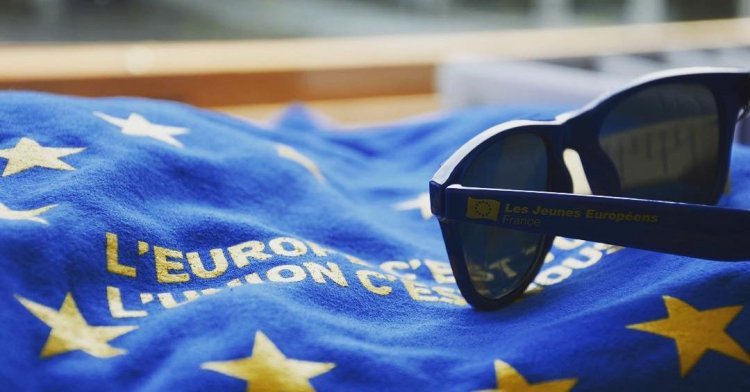We remember the debates surrounding the referendum for the Constitutional treaty, which for someone turned into a referendum for or against Jacques Chirac, and for others – a referendum for or against liberalism.
In 2009, the campaign for the European elections also revolved around the debate for or against Nicolas Sarkozy...Very few people debated on issues concerning Europe: European democracy, common European policies, enlargement, foreign policy, etc. The debates involved only French politicians without any concern about what was happening elsewhere, by our neighbours, which voted for the same Parliament though.
Two major reasons for the lack of concern about the European elections
Two major reasons hide behind the perfect mismatch of the purpose of the election and the preceding campaign.
The first one is the French media, too much French-centered, which as a whole does little to broadcast the campaign that takes place in our neighbouring countries or even to give to the European issues the attention they deserve. The media consolidate the impression that news exist only in the context of national public sphere.
The second reason is that the political groups that compete in these elections are emanations of very different national parties. While forming a coalition at the European level, they are sometimes very heterogeneous. Despite the common proposals, these latter are not dominating the campaign. Similarly, the candidates who present themselves are often more interested in national matters than in a European commitment, as witnessed by the attendance rate of some elected MEPs. Finally, in France the electoral campaign is managed by Frenchmen and for Frenchmen without going beyond the national context.
How to Europeanize the elections?
To solve this problem the political parties have to offer voters a truly European project, in the long term, and which leaves no room for national issues. A public European space needs to be created, where issues and debates transcend borders and affect directly all Europeans.
To do this, a real need for transnational political parties emerges, with a strategy, a program and proceedings common to all European countries. Coalitions of national parties do not work and can only recreate within the European Parliament the intergovernmental model which holds us back. Yet the Parliament is supposed to represent all voters in Europe.
In the short term, the European Commission should become the legitimate government that Europe needs, with a clear opposition within the Parliament, and a majority to support it. This would allow everyone to notice that European democracy is not a farce but is still very much alive.
On the eve of the centenary of the beginning of World War I, it is time to turn the page on divisions by establishing a European public space, via the political way.

1. On 27 November 2012 at 19:11, by Ben Replying to: 2014 European elections: beyond the national challenges
Replying to: 2014 European elections: beyond the national challenges
Well, the movement towards European parties does exist. The largest pan-European party (with a common programme, name and candidates) is the European Federalist Party: http://www.federalistparty.eu, http://www.fb.com/EuropeanFederalis... with members all over Europe and national chapters in 9 states...
Follow the comments: |
|
